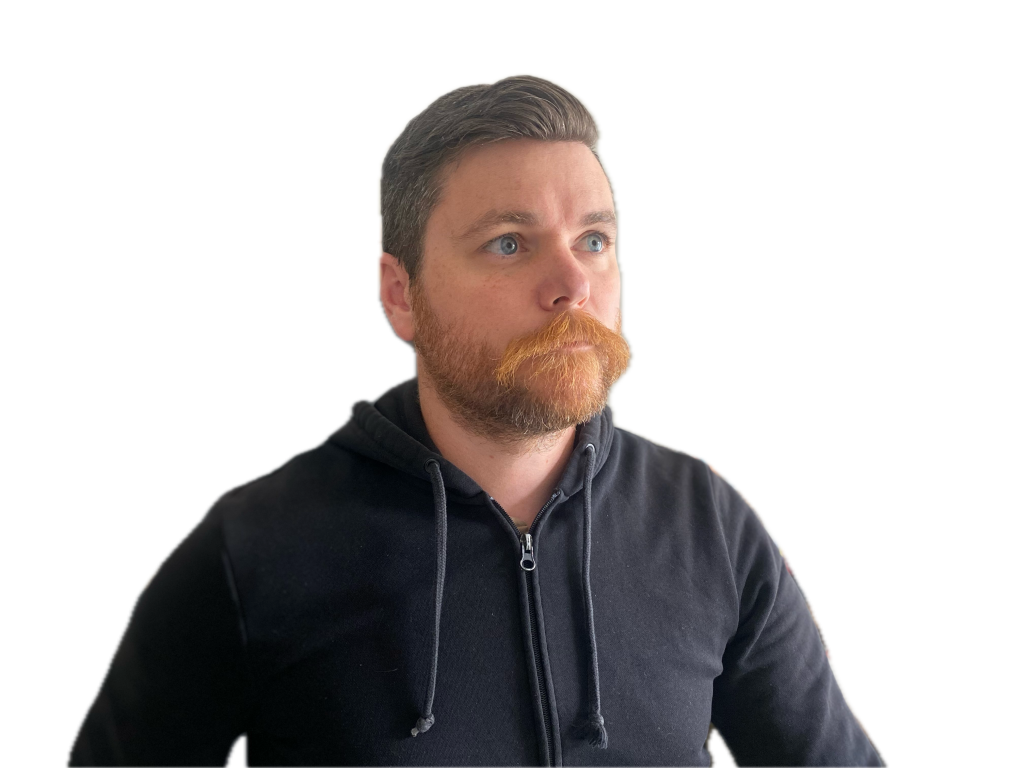What a fun week in WordPress. The twentieth anniversary of WP is kicking off with the #WP20 campaign and you can feel the community coming out of it’s winter cave and engaging with each other more. Not always in the most positive way, but overall it’s been fun to see the conversations pick up on Twitter and other places.
Last week I was inspired to quickly code up a one-pager: a searchable guide to the WordPress icon library, the cool but under-documented icon set in Gutenberg. The page is part of a larger project from Aurooba Ahmed called WPHelpers.dev. A special thank you to some of the industry publications kind enough to share it around, including The WP Minute, WPWeekly and Gutenberg Times. Here’s my post on it:
✏️ Building the WordPress Icon Library
Are you building custom Gutenberg blocks? I took my first stab at a YouTube tutorial this week. In it, I build a custom WordPress block with a focus on editable image fields using the block-components library from 10up and a custom image function I wrote this year. If you like it, subscribe on YouTube as I have a few more videos in the works.
🎥 Managing Images in your Custom Gutenberg Block
Finally, the Make WordPress blog opened up a conversation about AI and Ryan McCue commented with a killer statement. A quick quote:
[T]he best possible thing that WordPress can do to support both AI as well as other types of innovation is offering the foundation you mention which the ecosystem can build atop.
I’m disappointed to say that right now, Gutenberg in particular is not in that state. I’ve been working with WordPress for 18/19 years, and the current block editor is definitely one of the least flexible and extensible parts of WordPress we’ve had since plugins were introduced.
Honestly, read the rest of the comments and definitely check out the conversation about it on Twitter. I’ll repeat what I said there: If Gutenberg’s interface was half as extensible as traditional WordPress always was, there’d be so much more community investment and innovation. Aurooba had a great tweet thread breaking down just one example of a place where classic WordPress was extensible, but the block editor had hard-coded everything.
One can hope that we’ll see that “open” spirit return to WordPress.
A few other links from around the web:
Side projects:
- Aurooba Ahmed launched a new mini-course: Thoughtful Block UI for WordPress – check it out if you’re delivering custom block experiences for clients or customers!
- Marcus Burnette of GoDaddy created a cool mini-site all about AI + WordPress: WPAI Universe.
- Jonathan Bossenger is creating a new block theme from scratch and streaming the process on Twitch. He paired up with designer Emily Rapport, who recently wrote a post about their collaboration. As a non-designing dev myself, I love Bossenger’s idea to collaborate and learn by building someone’s designs for the community.
Podcasts & media:
- Remkus de Vries interviewed Matt Medeiros about the WordPress media landscape. They cover a lot of interesting ground for anyone who creates content relating to WordPress. The times are definitely a-changing.
- Similarly, Matt Medeiros interviewed Robby McCullough about the future of Beaver Builder. I was a big fan of BB when I used page builders and have always wondered how the team was handling the era of Gutenberg. Luckily they have a very enthusiastic fan base.
WordPress core:
- The WP Feature Notifications project has been making a lot of progress. I’ve been a little too overwhelmed in life to contribute very much these days, but I’m so glad the work continues on this much needed project.
- The new-ish WordPress Developer blog is a must-follow (via RSS of course). This post in particular, How webpack and WordPress packages interact, is a great example of the kinds of things you can learn there.
That’s everything I’ve got this week! What did I miss? What’s happening on the internet that I should’ve known about? Send it my way as I really am enjoying all the community interaction recently.

